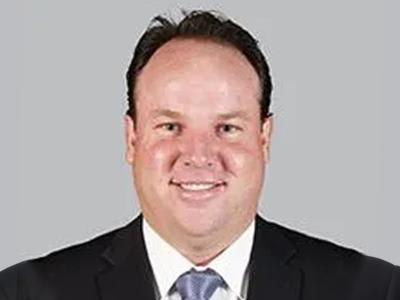This a story in two parts. The first is the history of this plan, the second the (longer) history of the Fuel Tax scheme.
HISTORY PART ONE
Before we get too far ahead of ourselves here, let’s just put this in some context. In February 2016, Infrastructure Australia produced a 90 page document entitled “Priorities and Reforms for our Future”. In one small part of that report, they advocated for fuel excise and registration fees to be abolished, and road users to only be charged for what they use.
It was an interesting argument that concluded that we should have a “user pays” system directed toward funding for roads. I say interesting because the current “road user charge” that is collected as part of the fuel tax would seem to be a user pays system. The more fuel you use, the more kilometres you travel, right?
They did include other amounts such as registration fees and stamp duty which are one off payments regardless of how much you travel.
They also made the salient point that all of those amounts go straight to general revenue. This leads to the second part of our history lesson.
HISTORY PART TWO
Let’s briefly look at the history of the current fuel tax.
1901 - Customs duty was imposed on imported petroleum products (generally used for heating and lighting or as industrial solvents). This was purely a revenue raising exercise.
1929 - Excise on domestically produced petrol was introduced. This was also a revenue raising exercise and the tax was hypothecated to road funding. Hypothecated means to pledge money by law to a specific purpose. All the money raised went to funding roads.
1940 – The rates of excise increased and an excise was introduced on heavy fuel oil. This was a revenue measure to assist financing Australia's war effort.
1957 - Excise on diesel was introduced for on-road use only. An exemption certificate scheme was put in place for off-road diesel users. This was a revenue measure hypothecated to road funding.
1959 - Formal hypothecation of fuel taxes was abolished so that excise was now a form of general revenue. This provided the government with greater flexibility in the budgetary process.
So since 1959 all revenue raised as road user charges has gone into general revenue. There is no correlation between revenue raised and road funding.
ROAD USER CHARGES
The Road User charges would suggest that the amounts collected go to funding our roads. The charges were levied on the basis that they were to recover part of the road construction and maintenance costs attributed to heavy vehicles (cost recovery). The remainder of road construction and maintenance costs attributed to heavy vehicles is supposedly recovered by states and territories through heavy vehicle registration charges.
The Fuel Tax Act 2006 establishes a mechanism for the collection of the Road User Charge by reducing the fuel tax credit on each litre of fuel used by eligible heavy vehicle operators. In effect, the fuel tax credit claimable equals the excise rate paid on each litre of fuel minus the Road User Charge.
The road User Charge Rate is declared by legislative instrument which can be found on the Federal Register of Legislative Instruments web site. It is currently about $0.26 for each litre of taxable fuel.
LESSONS FROM THE HISTORY OF FUEL TAXES AND ROAD USER CHARGES
- The proposal to replace Fuel Tax with a hypothecated road user charge is one small part of a very wide paper on future infrastructure in Australia.
- The Prime Minister has stated: “The Australian Government has welcomed the release of Infrastructure Australia’s 15-year Australian Infrastructure Plan, which sets out an ‘Infrastructure Priority List’ of more than 90 potential projects around the country and an extensive set of recommendations relevant to all levels of government about reforms to improve the delivery of infrastructure nation-wide.” This is a fairly broad statement about “an extensive set of recommendations”.
- Governments of various persuasions have, for many years, been reluctant to tie expenditure to income.
- If it raises more money, is easier to collect and harder to avoid, it is a big chance of getting real consideration by any government.
- There does not seem to be any appetite, either in the Infrastructure Australia paper or the broader political environment, for any reduction in the availability of the current Fuel Tax credits.






